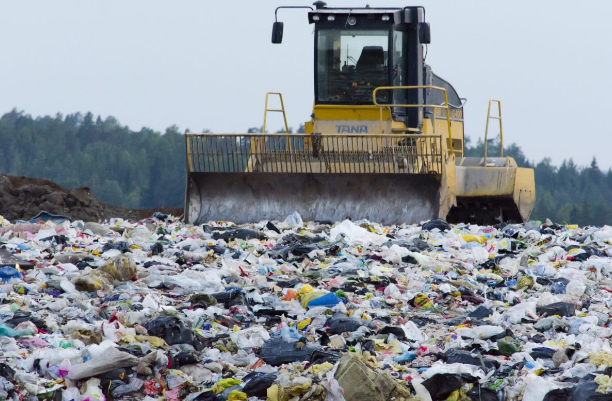With predictions that more than 5 million tons of waste PV panels will need to be handled every year by the 2050s, end-of-life pathways are an issue on the industry’s radar.
But so far there is no clear solution, and many of the surrounding issues – such as how long a module can stay in operation for, which materials can be viably extracted from one in recycling, and what dangers are posed by leaving modules in landfill – are not well understood. Scientists at the Indian Institute of Technology (IIT) in New Delhi took aim at these issues in new research examining the potential for PV modules at landfill sites to release hazardous materials, and the level of preparedness needed across the industry to deal with rapidly growing streams of PV waste.
PV leaching
The scientists recently presented their findings in “Metal dissolution from end-of-life solar photovoltaics in real landfill leachate versus synthetic solutions: One year study,” published in Waste Management. The scientists exposed four commercially available PV modules, in both broken and unbroken condition, to solutions of varying acidity, including one solution of actual municipal solid waste leachate, for a period of one year.
“Detailed PV leaching studies under realistic landfill conditions are crucial to understand the metal dissolution from this waste stream,” they said. “The present aggressive and short-period standard waste characterization tests (i.e., Waste extraction tests, WET and Toxicity characterization leaching procedure) investigated in previous studies might not represent accurately the complex reaction and conditions prevalent in a real landfill.”
The group found that over a period of one year, leaching of materials such as lead, cadmium and other metals was minimal – suggesting that previous studies may have overestimated the danger. However, the group said that its findings do not imply that PV disposal in landfill is environmentally safe – only that more work is needed to examine the behavior of modules under a range of realistic disposal scenarios.
Being prepared
Another study from the same group at IIT relied on a survey of industry players it conducted at the 2019 Renewable Energy India trade show in Greater Noida. The survey found that 80% of respondents did not have any information regarding where their modules ended up after end of life, and 76% did not recycle or reuse any waste material in their PV module production.
Of the respondents, however, 84% said they would be interested in participating in a subsidized recycling program.
“The major barrier is the lack of incentives for the development of a system which encourages collection and recycling of PV,” the researchers said. Details of the survey are published in “Understanding the possibility of material release from end-of-life solar modules: A study based on literature review and survey analysis,” which was recently published in Renewable Energy.
The IIT scientists conclude that a suitable collection method and regulations for recycling PV products could reduce the risk the significantly. More similar surveys of stakeholders across the supply chain could also help to ensure that an effective system is implemented.
Understanding the fate of end-of-life modules
Scientists in India have taken a close look at the potential impact of growing volumes of PV waste, and have conducted surveys that suggest a lot more work is needed from manufacturers and policymakers to develop management systems for end-of-life PV products.
Source:PV magazine






